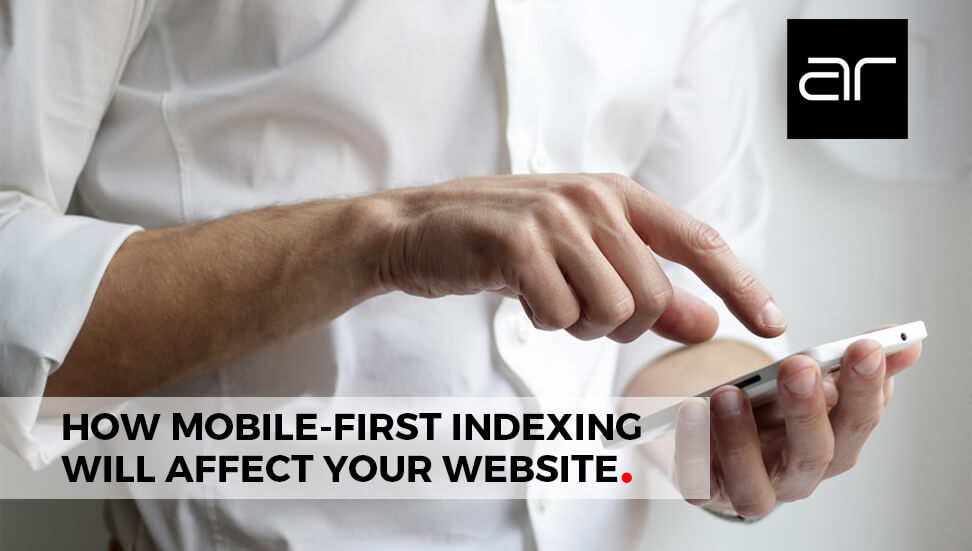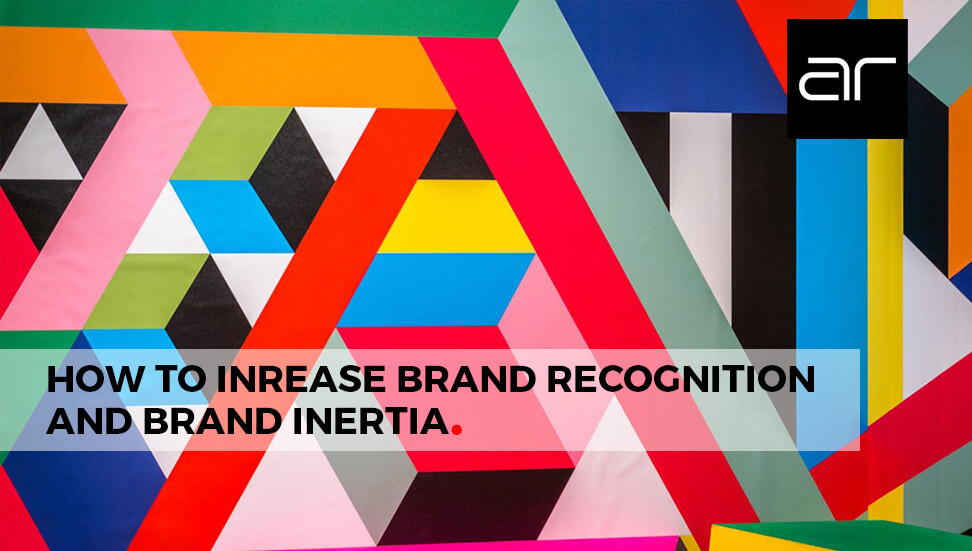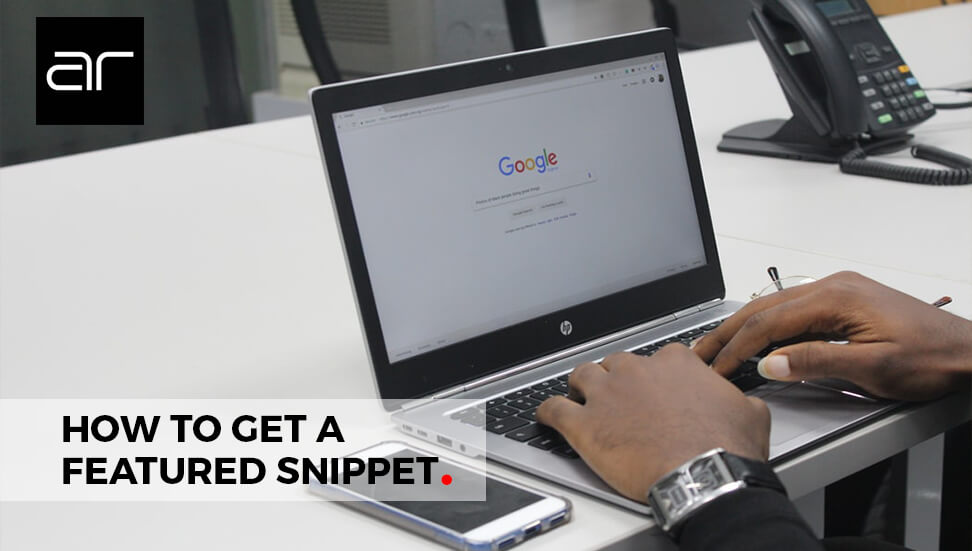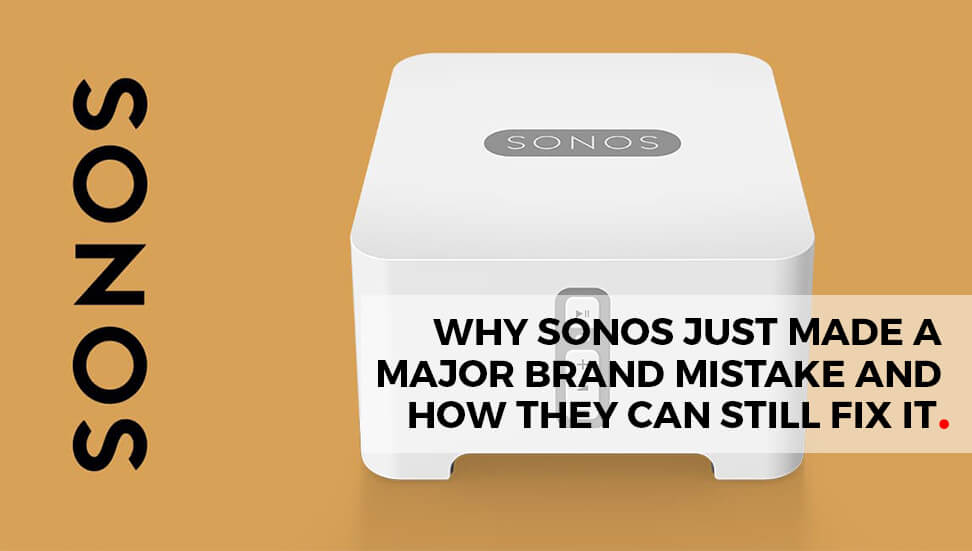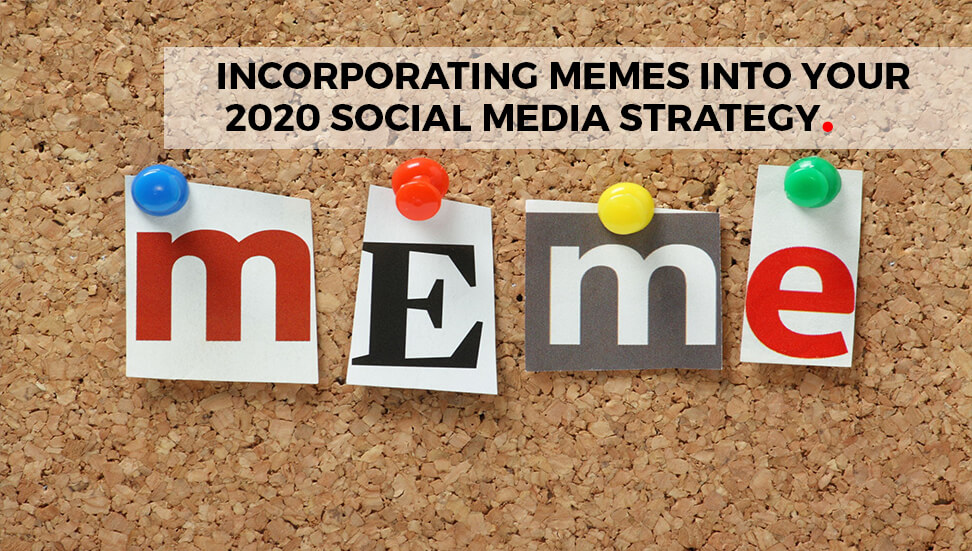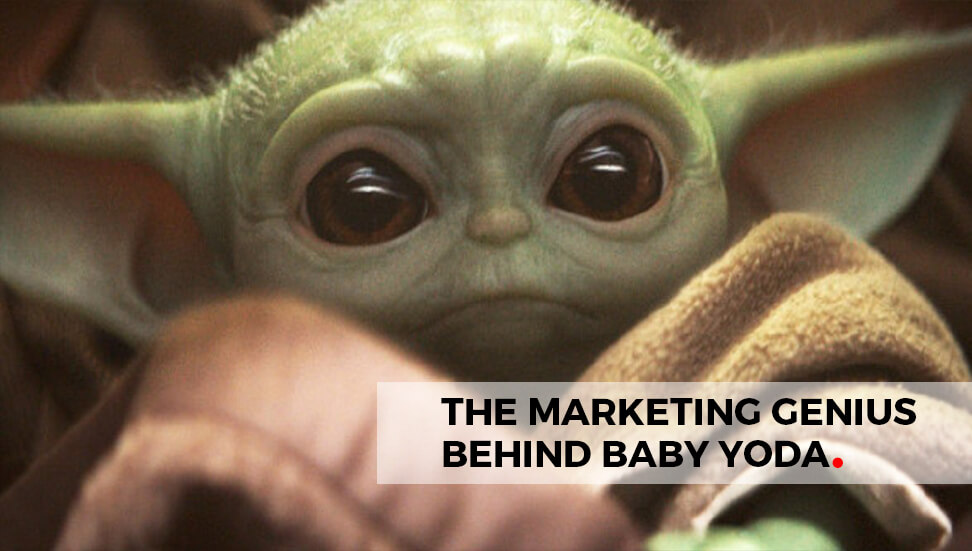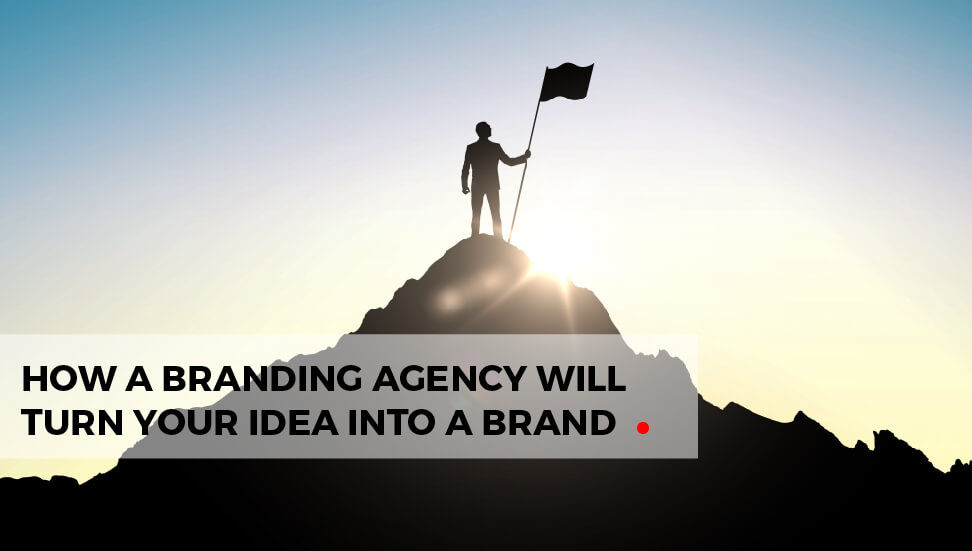Now that you have decided you want to create a brand, there are a few things a branding agency can do for you. If these things are not planned for or put in place before you begin your business, they will cause you trouble later on.
Starting a business requires that you have a solid plan on the ground. You need to research, answer some questions and pay a lot of attention to what you are about to do. There are several areas where you need to research thoroughly before starting.
- Type of business and its liabilities
There are several options you can go with when starting your business. You need to find out which favours your business and your financial situation.
You could register as a sole proprietor, which means you are the sole owner of the business. This means you will keep all the profits after all taxes have been paid. This also means you bear all the liability of the business. That is losses, damages, lawsuits.
If you are starting with a partner, you could start a general partnership. You both share the profits and the liabilities. Another partnership option is a limited partnership where one partner bears only limited liability in the business.
You can also register as a corporation. This is ideal if you have partners or multiple investors. The corporation becomes a legal entity separate from you. Corporations will limit your liability but they can increase taxes.
The choices may depend on your industry and your environment. A branding agency will help you make the right decision.
- Your competition
You need to find out who your competition is. They have been in the business before you so you can learn from their successes and their mistakes. Sometimes, learning what your competition is doing wrong can be your competitive advantage.
You can research them by talking to their customers, looking them up online. You can also find out a lot by using their service.
- Understand your target audience
You need to know who you will be selling your product or service to. What is their demographic? Are they adult women or teenage boys? The way you will sell to these two groups is different. Knowing their demographic will also determine where you go to understand them. While you can go on social media to understand younger customers, you might need to organize focus groups for older ones.
Your brand values are very important. Your values are the core of your business from which everything else radiates. To define your brand values you need to do the following.
- Discover your true values.
The first thing here is to think about your business and what is important to you. It is important, however, not to stick to idealized values. Idealized values like ‘trusted’, ‘reliable’ may sound nice but nice is not what you are going for.
You need to dig deeper and find out what emotions connect you to the world. You could start by thinking of a brand experience you had that you did not like. Doing the opposite could be a strong value of your business.
- What do you stand for?
When selling your brand, you need two to three things that you want the public to know you stand for. You will push these things at conferences, on your company website, everywhere you get a chance.
- Consistency
You need to say the same thing, every time, everywhere. If you keep changing what you say you stand for, eventually no one will believe you.
- Choosing Your Business Name
The name of your business is very important. What do you want the name of your business to communicate? If the name of your business communicates what you do, you need to spend less effort trying to explain to customers what you do. This is not a rule though. Otherwise, a company like Apple would sell fruits.
It’s also smart not to use ‘generic’ or ‘geographical’ names. If you name your business “Santa Barbara Cane Chairs”, what happens when your business expands past Santa Barbara or starts making steel chairs?
Choose a name that attracts the kind of customers you want. Avoid long names. Be sure to test the name and find out what potential clients feel about it.
It may be better to employ a branding agency to come up with a great name for you!
There is a psychology behind choosing the right colours for your business. It is a good idea to employ a branding agency to choose your brand colours. Colours tell stories and you want your brand colours to tell the same story every other part of your brand is telling.Keep your colours balanced. You don’t want all your colours to be loud.
Choosing the right font can be also as difficult. Once again, a branding agency will do great work for you. Your fonts need to be readable and they also need to represent the personality of your brand. If your brand is a more official one, a law firm, for example, a serif font will do better. Sans-serif fonts are associated more with digital companies, tech companies and others like them.
Your goal is to use colours and fonts that say the right things about your business. Each element in your brand must say the same thing.
Your Logo is often the first encounter customers have with your brand. Your logo is like your flag, it is what represents you. You shouldn’t do a quick, cheap job when designing your logo. A good branding agency will design a great logo for your business that puts your best foot forward.
When designing your logo, consider the following;
- Your logo should be unique and clever.
- Embrace your message.
- Representative colours.
- Easy and flexible.
- Simple yet effective.


